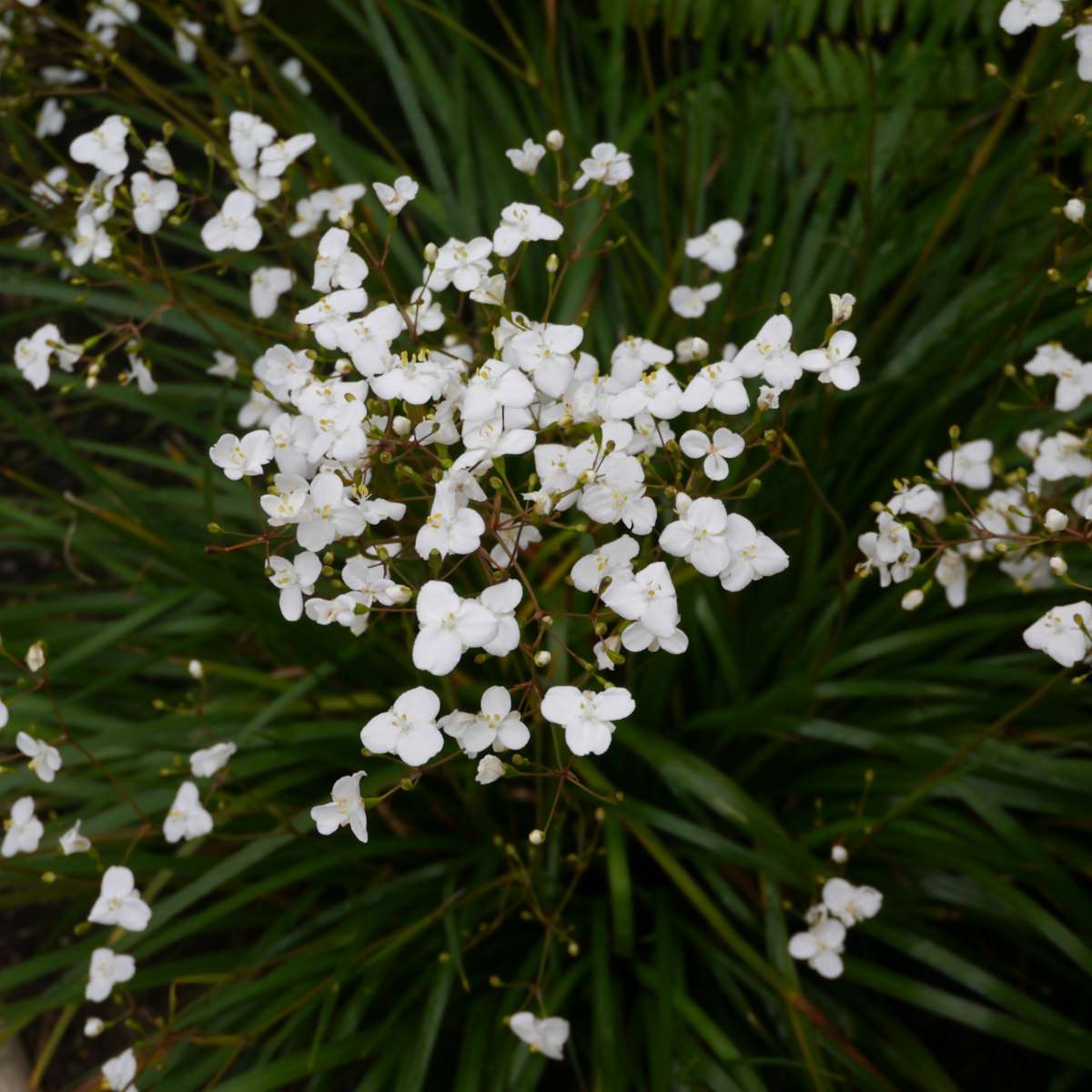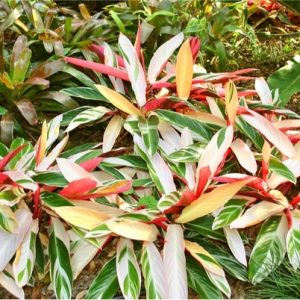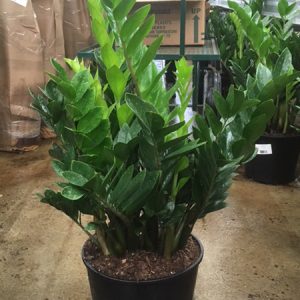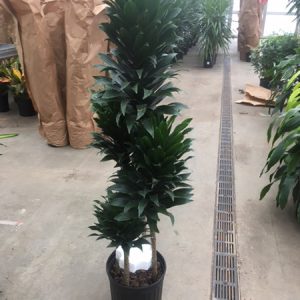Description
Libertia –
There are about 20 species of fibrous-rooted, clump forming, rhizomatous evergreen perennials in this genus. They occur in moist, grassy areas and scrub in New Zealand, Australia, and temperate North and South America. They have linear, leathery, 2 ranked, overlapping, mainly basal leaves, and the leaves held on stiff flowering stems are sparse and smaller. They are grown for their saucer shaped, white or blue flowers, each usually with 3 small outer tepals, 3 broad inner tepals, and sheathing bracts, borne in panicles and followed by glossy, light brown seed heads. Grow the larger Libertias in a herbaceous or mixed border, or in a gravel garden, the smaller species are suitable for a rock garden.
Grow in moderately fertile, humus rich, moist but well drained soil in full sun. Where marginally hardy, protect in winter with a dry mulch. Divide in spring.
L. grandiflora – New Zealand Iris – This easily grown rhizomatous perennial from New Zealand grows 3′ feet tall and 2′ feet wide. It produces linear, leathery leaves, 12-30″ long. In late spring and early summer it bears long panicles composed of dense, umbel like clusters of 3-6 dainty white flowers, 1 1/4″ across, the outer tepals with olive or bronze keels, followed by golden brown seed capsules.
Zones 8-11





